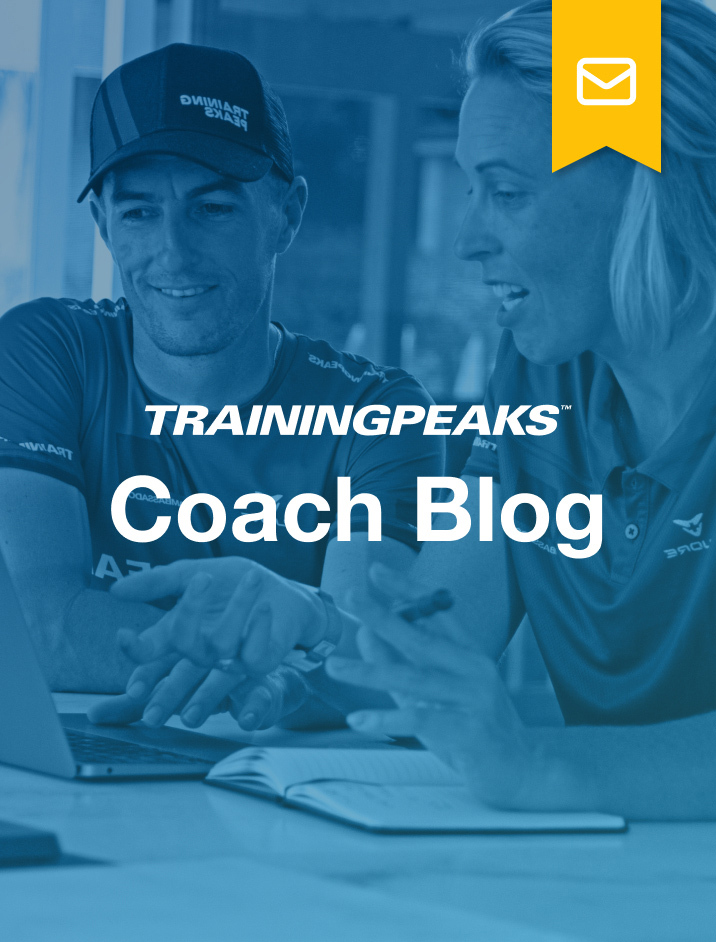There is no health without mental health. And optimal performance demands both.
I’ve been saying a version of that tagline for the past decade in my work with athletes and coaches on issues pertaining to both mental health and high-performance psychology principles. We often default the mental health conversation with athletes to topics such as “mental toughness,” “resiliency,” and “grit” in the context of achieving high performance, but we often fall short in addressing the deeper human concerns that we all face – things like stress, anxiety, depression and burnout. There’s never been a better time to communicate on issues related to mental health given that this topic is undergoing a serious re-branding in the world of athletics with the likes of Simone Biles and Naomi Osaka giving attention to these concerns while performing on the world stage.
Mental Health Challenges Today
Now, the majority of athletes with whom we get the privilege to work do not experience the pressures of the world watching. They are everyday humans, with everyday lives, everyday careers, and everyday responsibilities. The significant toll the COVID pandemic has had on our collective and individual mental health provides an appropriate backdrop for beginning to discuss these concerns, as they continue to disrupt the normal rhythm of life, and impact athletes’ training and racing schedules. Many may be struggling with ongoing mental health concerns or concerns specific to COVID, and as a coach, you are in a unique position to help.
For example, we know that working mothers have experienced extreme levels of hardship through COVID, in part because of increased cognitive load – the number of thoughts, safety checks, and added to-do-list line items running through their minds related to the changing nature in all facets of life, including a tendency to take on more than working dads (I’m a working dad too, so apologies here fellas for the generalization) regarding household, childcare, and educational needs. (How many athletes do you train that are working mothers?)
Not surprisingly, a global study of 97,000 health care workers across 21 countries show alarmingly high rates of depression (57.8% in the mild to moderate range), anxiety (60% in the mild to moderate range), and Post Traumatic Stress Disorder (21% in the moderate range) for those working in health care over the past 16 months. (How many athletes do you train that are healthcare workers?)
Even before COVID, data suggested that athletes are not immune to mental health concerns, with studies showing depression in collegiate athletes mirroring the depression rates for their non-athletic counterparts (as one example). (How many student-athletes do you have?)
Finally, as we collectively emerge in varying waves given location and circumstance with COVID, research is showing that resiliency is scored equally among athletes and non-athletes alike, but athletes may be experiencing higher levels of anxiety due to “negative affectivity” (essentially negative emotional and psychological experiences that emerge in an athlete’s identity when unable to participate in sport). (How many races/events have been canceled for your athletes?)
As coaches, we are in a position to have an amazing opportunity to help. This begins by understanding our clients as people first and athletes second. In turn, this requires us to develop a framework for communication on mental health topics with those we have the privilege to coach and train. Here are a few important steps to consider in this process.
Ask
Now, this may seem like a no-brainer starting point, but you’d be surprised at how many people avoid this topic altogether, worrying that bringing up “mental health” will make things worse. But that’s far from the case – asking not just the cursory “how are you doing,” but authentically addressing the deeper level of impact that COVID (for example) may be having shows interest and validation for what your athlete may be going through.
You don’t have to probe or ask inauthentic questions, but asking questions specific to their well-being and general mental health (not just their training) is an important first step. This may feel clunky at first, but if you come from the angle of “there is no health without mental health,” you and your athlete will begin to understand just how important this factor is to not just their performance, but their overall wellbeing. And with just about everyone having experienced some disruption or stressor from COVID, this pandemic has given us an easy access point to begin the conversation.
Be Flexible
The vast majority of athletes are governed by a need to check their training boxes green and eager to complete the days/weeks/months training volume and intensity as planned, despite what may be occurring in other aspects of their lives. Sometimes the daily routine of training can serve as a mental health outlet or an important distraction, but it can also add additional layers of stress and anxiety. It’s important to recognize how training load and volume not only accumulate on physical and physiological layers of stress but that of emotional and mental layers as well. Agreeing with your athlete on how to be flexible in approaching training is as important to their body as it is to their mind. This includes continued conversation centered on monitoring and reporting daily and weekly accumulation of stress, anxiety and depressive factors from both sport and life. This may require some reassurance that taking rest days or reducing volume/intensity for complete well-being will not lead to losing fitness, but rather recharging is essential for optimal performance and longevity.
Follow Up
Asking once is a nice start, but it’s not enough. If we are ultimately going to de-stigmatize mental health we need to make it an ongoing discussion with all-important relationships in our lives. That includes connecting the dots that what we are experiencing is deeply human, and that as coaches we are prone to the same afflictions with stress, anxiety, depression and burnout as everyone else. Sharing those concerns and maintaining an appropriate level of openness with our athletes is key in this regard. Maintaining a willingness to continue this conversation throughout the training cycle by follow-up on a regular basis is important.
I’m a big believer that sport provides a massive opportunity at self-discovery, especially for the amateur, adult athlete. Part of that journey allows us as coaches to have a peek at their inner life. We are in a trusted position in which we need to bring attention to these matters that impact our athletes, both in and out of their running shoes. I hope you will continue to utilize your position as coach to support both their athletic and human journey.


